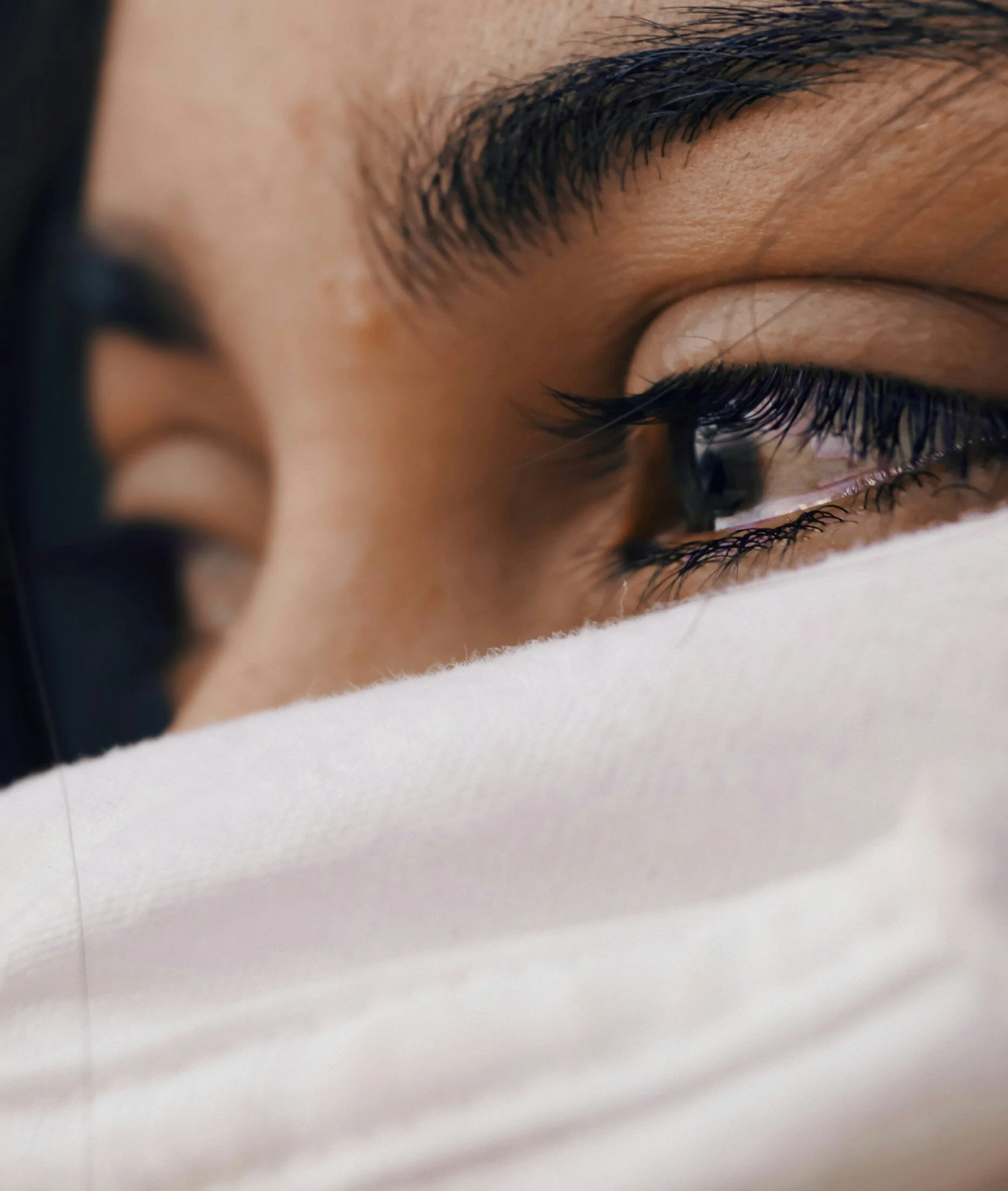Things Happen for A Reason?
“Things happen for a reason.”
Oftentimes, we might have been told this after something terrible happens to us or the people/world around us. And sometimes, it can offer some relief from the pain that we and others are experiencing because…if we can say that something happened for a reason, then we can justify why it happened and thereafter, regain control to prevent it from happening again.
All of this is completely valid and at times, helpful. It is definitely empowering to feel like we have agency in our lives (and we do to a certain extent to be clear).
Now…as you might have anticipated while continuing to read this post, there is a catch (or should I say a few catches) which include:
If we believe that things happen for a reason, we might fall into the trap of victim-blaming (i.e. blaming the person who was on the receiving end of the present-day harm we are witnessing/experiencing). Saying such things can feel minimizing to the person who has been harmed/hurt because they might then come to believe, that they somehow could have prevented something that was actually, out of their immediate control.
Related to #1, we might fall into the more general trap of oversimplifying complex, multi-layered issues. This could look like victim-blaming and it can also look like blaming one or a group of people who we deem to be primarily or solely responsible for the pain that has been caused. The fact is that pain is often cyclical; this references the fact that the people who cause pain are often in pain…which has been “caused" by other people in pain…and so on and so forth.
There are actually many different reasons why things happen— not just one or “a reason.” And, we might not ever know what all these reasons are in our lifetime.
This is by no means an exhaustive list of all the catches within the sentiment of: “things happen for a reason.” However, I hope they offer a starting point for us to start reflecting on this and other popular sentiments said with good intentions of helping someone feel better when in actuality, we might be prompting more pain.
So, what can be made of all this? If saying “things happen for a reason” has all these caveats, what can be done after something terrible happens to us or others?
In closing, I’d like to offer the following which I hope is helpful.
Be patient with yourself.
I know it’s very tempting to try and fast-track from feeling sad/in pain to happy. The truth is though, if we repress uncomfortable emotions long enough, they will inevitably return; often with more intensity. This gets us farther away from our abilities to think more clearly which in turn, can exacerbate the feeling of being out of control.
Be in the presence of others.
When we are in pain, it’s very tempting to isolate. I get that. Give yourself time to be alone and also, time to be in the presence of trusted others. Doing so can be helpful when we have endured pain because it reminds us that there are people/things that are safe and secure.
Until next time, please take good care,
Gina
If you’re curious to learn more about my specialties and what it would be like to work with me, please check out the links below:

